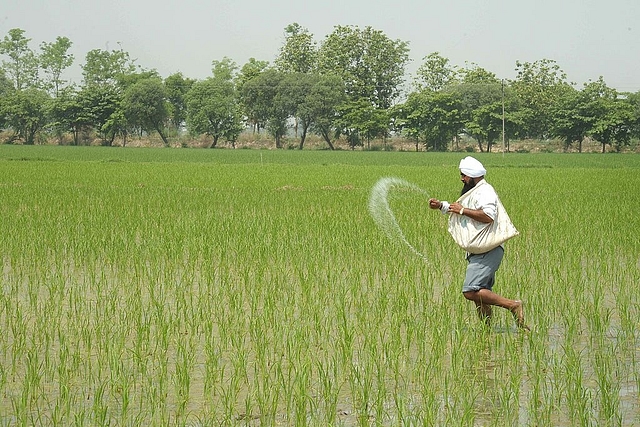
Aatmanirbhar Farmer: President Ram Nath Kovind Promulgates Ordinances For Major Agriculture Market Reforms
President Ram Nath Kovind on Friday (5 June) promulgated the ordinances for major agricultural reforms which aim to give freedom to the farmers to sell their agriculture produce anywhere in the country and pave the way for contract farming.
The Union Cabinet had on Wednesday (3 June) cleared Farmers' Produce Trade and Commerce (Promotion & Facilitation) Ordinance 2020 and Farmers (Empowerment and Protection) Agreement on Price Assurance and Farm Services Ordinance 2020 which were notified on Friday.
Apart from these two key reforms, the amendment of essential goods act has also been given approval following which the agriculture commodities like onion, potatoes, oilseed, edible oil, and cereals have been removed from the list of essential commodities.
After the announcement of the landmark decisions by the Government for reforms in the agricultural sector for raising the income of the farmers as part of the Aatmanirbhar Bharat Abhiyan, the President has promulgated the two ordinances with the aim of giving a boost to rural India for farmers engaged in agriculture and allied activities, said the Union Agriculture and Farmers Welfare in a statement.
Union Minister for Agriculture and Farmers Welfare, Narendra Singh Tomar on Friday wrote to all the Chief Ministers informing them of the Ordinances and solicited their cooperation in implementation of the reforms, said the statement.
He stressed the need for their continued support in the development and growth of the agriculture sector in the new reformed environment.
By recognizing the bottlenecks preventing the holistic development of marketing of the agriculture produce, the Government drafted and circulated the Model Agriculture Produce and Livestock Marketing (APLM) Act 2017, and also the Model Agriculture Produce and Livestock Contract Farming Act of 2018, for adoption by the states, said the statement.
When the whole ecosystem of agriculture and its allied activities was tested during the COVID-19 crises, it reconfirmed the necessity for the Central Government to speed up the reform process and to come up with a national legal facilitative ecosystem to improve intra-state and interstate trade of agriculture produce, said Agriculture Ministry.
(This story has been published from a wire agency feed without modifications to the text. Only the headline has been changed.)